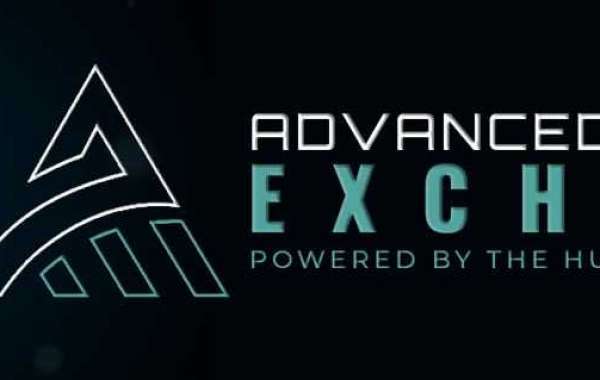When the Internet hit the mainstream, it was a floodgate being opened. We were running around in cyberspace with wide eyes and excitement about the freedom and possibilities of our new world. The Internet has changed our world, mostly for the better, and it's true to a degree, we have gained certain forms of freedom with its access.
There is, however, a dark side to the Internet and I'm not just talking about the literal Dark Web. I'm talking about the construct of an ever-growing echo chamber and cattle pin that has been built around us like a digital prison keeping us in a small radius with pre-determined choices.
I was given an example one day from the CEO of a blockchain company called Crowdpoint Technologies. He asked me if I could imagine a small city with a 100-mile radius, and the 1,000 residents of that city had only their two feet to get around. Without the use of a car, it would seem to the residents that the city was a vast open space filled with endless possibilities. In reality, the prison walls were just outside of our vision, and the streets were built to guide you into the stores built by the highest bidders.
The awakening of this surveillance capitalism has opened the doors for a new concept - a decentralized version of the internet, based on open-source blockchain networks. "Several projects are seeking to replace key internet services with blockchain-based alternatives. For example, Filecoin is seeking to replace centralized cloud storage providers with a decentralized file storage network, allowing users to rent out their unused hard drive space in exchange for cryptocurrency. The files are encrypted, thereby protecting data while allowing users to rent external storage" as mentioned by Investopedia.
Other startups are exploring how to create decentralized platforms within the Internet to allow users to exchange data (pictures, text, etc.) without the need for a centralized authority. It would prevent even the access that application developers have to user's data.
There needs to be a wide-scale and pragmatic approach and it will be a long road to build this out. We are amid a complete rebuilding of our digital world as we know it. My message to all of you is to place yourself in a position to be part of this, rather than a passive observer.







